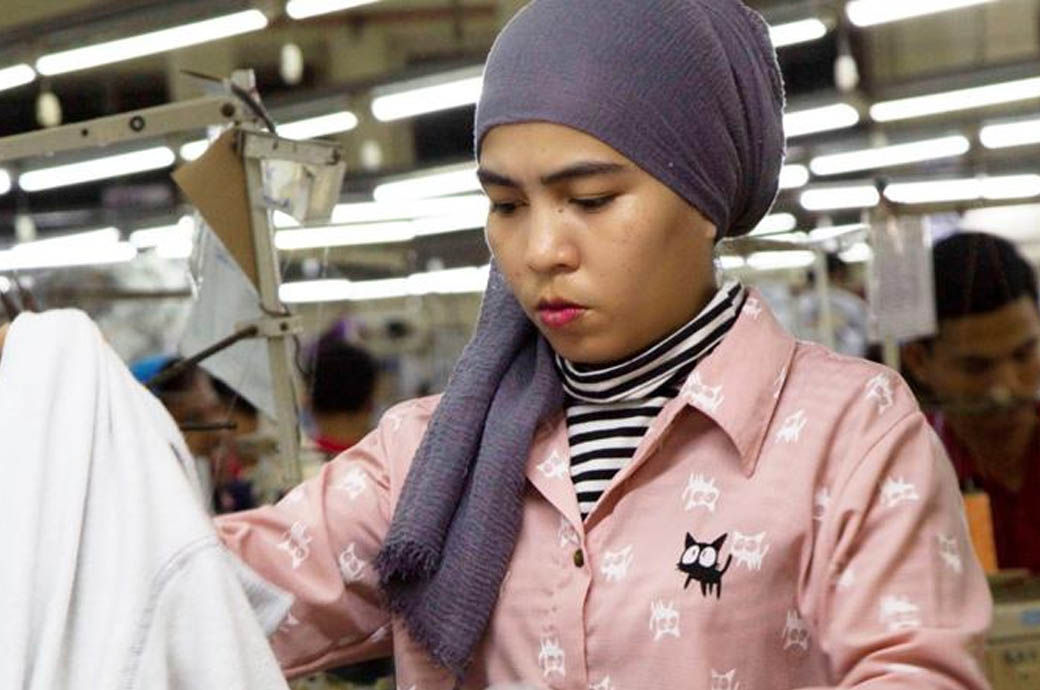
This requires urgent investigation to clarify the nature and scale of the problems within the subcontracting segment and identify solutions for remedy that can improve the lives of workers, predominantly women, in the sector, it noted.
The right to decent work is recognised in the Universal Declaration of Human Rights, which has provisions dealing not only with the right to work, but with the various aspects of decent work, including just and favourable conditions of work, protection against unemployment, equal pay, social protection and the right to form and join trade unions.
Achieving the right to decent work is a key target of the United Nations Agenda 2030, with Sustainable Development Goal 8 calling for countries to promote sustained, inclusive and sustainable economic growth, full and productive employment and decent work for all.
Studies have shown that trade union presence has had a positive impact on workers in the garment sector in the country, improving factories’ compliance with labour standards across diverse areas, including wages, hours and leave, the brief said.
However, in recent years, a significant subcontracting segment of the industry has proliferated that sits beyond the scope of the assessment programme by the International Labour Organisation (ILO).
Trade union presence is reported to be limited or non-existent in these subcontracting facilities.
Estimates suggest the subcontracting segment of the industry may account for between 15 per cent and 30 per cent of the total industry workforce.
Fibre2Fashion News Desk (DS)